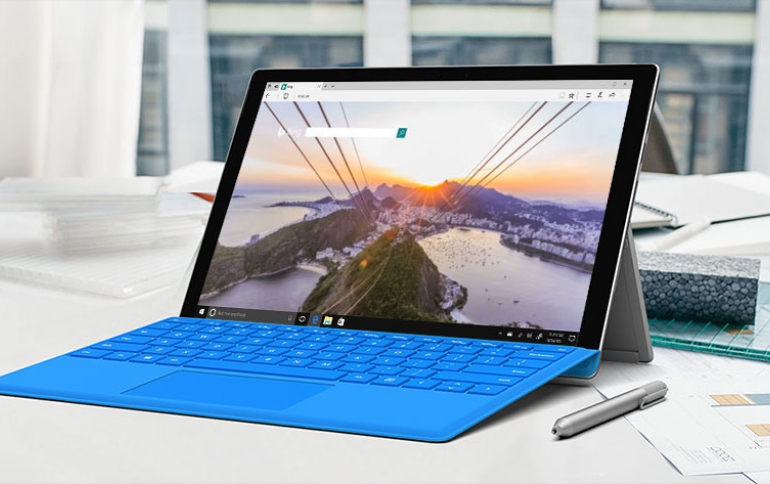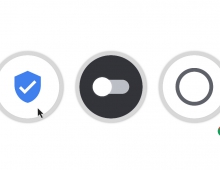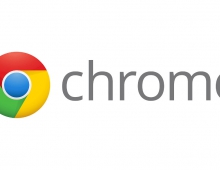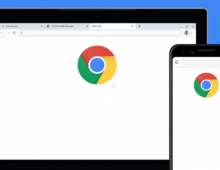
Microsoft to Adopt Chromium Open Source Project in New Edge Browser
Microsoft intends to adopt the Chromium open source project in the development of Microsoft Edge on the desktop to create better web compatibility and less fragmentation of the web for all web developers.
For the past few years, Microsoft has increased participation in the open source software (OSS) community, becoming one of the world’s largest supporters of OSS projects.
As part of the new plan, Microsoft intends to become a significant contributor to the Chromium project, in a way that can make not just Microsoft Edge — but other browsers as well — better on both PCs and other devices.
Microsofts's mobile browser has been based on open source from its beginnings over a year ago. The company has also used open source for various features of Microsoft Edge on the desktop (e.g. Angle, Web Audio, Brotli) and has begun making contributions to the Chromium project to help move browsing forward on new ARM-based Windows devices.
"People using Microsoft Edge (and potentially other browsers) will experience improved compatibility with all web sites, while getting the best-possible battery life and hardware integration on all kinds of Windows devices," said Joe Belfiore, corporate vice president of Windows. "Web developers will have a less-fragmented web platform to test their sites against, ensuring that there are fewer problems and increased satisfaction for users of their sites; and because we’ll continue to provide the Microsoft Edge service-driven understanding of legacy IE-only sites, Corporate IT will have improved compatibility for both old and new web apps in the browser that comes with Windows," he added.
Over the next year or so, Microsoft will be making a technology change that happens “under the hood” for Microsoft Edge, gradually over time, and developed in the open so those of you who are interested can follow along.
Microsoft will move to a Chromium-compatible web platform for Microsoft Edge on the desktop. The company's intent is to align the Microsoft Edge web platform simultaneously (a) with web standards and (b) with other Chromium-based browsers.
Microsoft Edge will now be delivered and updated for all supported versions of Windows and on a more frequent cadence. Microsoft also expects this work to enable the company to bring Microsoft Edge to other platforms like macOS.
The company will also evolve the browser code more broadly, so that its distribution model offers an updated Microsoft Edge experience + platform across all supported versions of Windows, while still maintaining the benefits of the browser’s close integration with Windows.
Microsoft will also contribute web platform enhancements to make Chromium-based browsers better on Windows devices.
If you’re a Microsoft Edge customer, there is nothing you need to do as the Microsoft Edge you use today isn’t changing. If you are a web developer, we invite you to join our community by installing preview builds when they’re available and staying current on our testing and contributions. We expect to have a preview build ready in early 2019 for you to try for yourself.
Microsoft invites the developers of open-source web browsers to collaborate with the company on the future of Microsoft Edge and contribute to the Chromium project. A few near-term examples will include continued work on ARM64 support, web accessibility, and taking advantage of other hardware features like touch support.
Edge has fallen massively behind Chrome in terms of market share, and it’s getting to the point where Chrome is the new IE6. Developers are optimizing for Chrome, and Google has also been creating Chrome-only web services because it’s often the first to adopt emerging web technologies. Microsoft has struggled to keep its Edge rendering engine in stride with Chromium.
From a business point of view Microsoft’s decision may well make sense. Google is so close to almost complete control of the infrastructure of our online lives that it may not be profitable to continue to fight this. Google is a fierce competitor with highly talented employees and a monopolistic hold on unique assets. Google’s dominance across search, advertising, smartphones, and data capture creates a vastly tilted playing field that works against the rest players in the web browsing market.
Will Microsoft’s decision make it harder for Firefox to prosper? It could. According to Mozilla, "making Google more powerful is risky on many fronts." And a big part of the answer depends on what the web developers and businesses who create services and websites do.
"If one product like Chromium has enough market share, then it becomes easier for web developers and businesses to decide not to worry if their services and sites work with anything other than Chromium. That’s what happened when Microsoft had a monopoly on browsers in the early 2000s before Firefox was released. And it could happen again," Mozilla said.
Microsoft will start distributing daily builds of Edge running with Chromium early next year (beta).





















